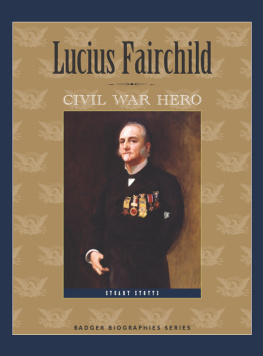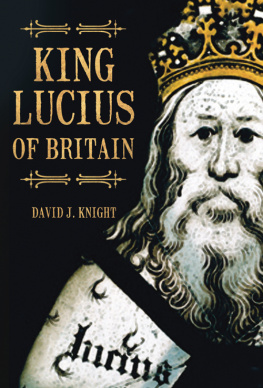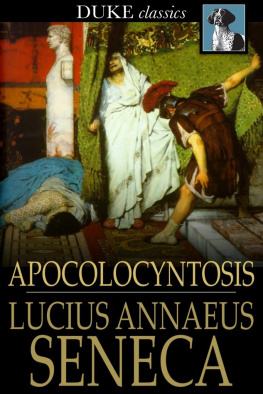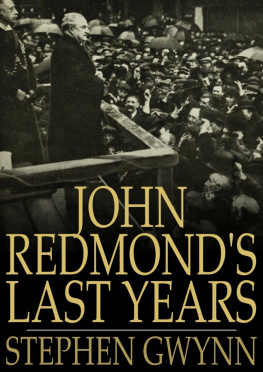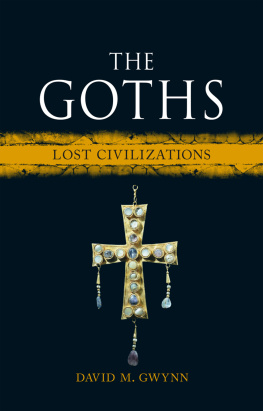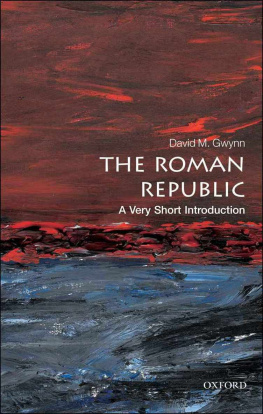PREFACE
In writing this book, I have had access to my late leader's papers for the period beginning with the war. These were placed at my disposal by his son, Major William Archer Redmond, D.S.O., M.P. I had also the consent of Mrs. Redmond to my undertaking the task. But for the book and for the opinions expressed in it I am solely responsible. No condition having been imposed upon me, it seemed best, for many reasons, that it should be written, as it has been written, without consultation.
A writer in whom such a trust has been placed may well be at a loss how to express his gratitude, but can never convey the measure of his anxiety. From those who cherish Redmond's memory, and especially from those who were nearest to him in comradeship and affection, I must only crave the indulgence which should be accorded to sincere effort. Differences of interpretation there will be in any review of past events, and others can claim with justice that on many points they were better situated for full understanding than was I. Yet for the period which is specially studied, if there is failure in comprehension it cannot be excused by lack of opportunity to be thoroughly informed.
To readers at large I would say thisthat if any sentence in these pages be uncandid or ungenerous, it is most unworthy to be found in the record of such a man.
S.G.
CHAPTER I
INTRODUCTORY
I
The time has not yet come to write the biography of John Redmond. Not until the history of the pledge-bound Irish Parliamentary party can be treated freely, fully and impartially as a chapter closed and ended will it be possible to record in detail the life of a man who was associated with it almost from its beginning and who from the opening of this century guided it with almost growing authority to the statutory accomplishment of its desperate task; who knew, in it and for it, all vicissitudes of fortune and who gave to it without stint or reservation his whole life's energy from earliest manhood to the grave.
But when the war came, unforeseen, shifting all political balances, transmuting the greatest political issues, especially those of which the Irish question is a type, it imposed upon men and upon nations, but above all on the leaders of nations, swift and momentous decisions. Because that critical hour presented to Redmond's vision a great opportunity which he must either seize single-handed or let it for ever pass by; because he rose to the height of the occasion with the courage which counts upon and commands success; because he sought by his own motion to swing the whole mass and weight of a nation's feeling into a new directionfor all these reasons his last years were different in kind from any that had gone before; and as such they admit of and demand separate study. Intelligent comprehension of what he aimed at, what he achieved, and what forces defeated him in these last years of his life is urgently needed, not for the sake of his memory, but for Ireland's sake; because until his policy is understood there is little chance that Irishmen should attain what he aspired to win for Irelandthe strength and dignity of a free and united nation.
It is of Redmond's policy for Ireland in relation to the war, and to the events which in Ireland arose out of the war, that this book is mainly designed to treat. Yet to make that policy intelligible some history is needed of the startling series of political developments which the war interrupted but did not terminateand which, though still recent, are blurred in public memory by all that has intervened. Further back still, a brief review of his early career must be given, not only to set the man's figure in relation to his environment, but to show that this final phase was in reality no new departure, no break with his past, but a true though a divergent evolution from all that had gone before.
Ireland, although so small in extent and population, is none the less a country of many and locally varying racial strains; and John Redmond sprang from one of the most typical. He was a Wexfordman; that is to say, he came from the part of Ireland where if you cross the Channel there is least difference between the land you leave and the land you sail to; where the sea-divided peoples have been always to some extent assimilated. Here in the twelfth century the first Norman-Welsh invaders came across. The leader of their first party, Raymond Le Gros, landed at a point between Wexford and Waterford; the town of Wexford was his first capture; and where he began his conquest he settled. From this stock the Redmond name and line descend.
Thus John Redmond came from an invading strain in which Norman and Celt were already blended; and he grew up in a country thickly settled with men whose ancestors came along with his from across the water. Till a century ago the barony of Forth retained a dialect of its own which was in effect such English as men spoke before Chaucer began to write; and even to-day in any Wexford fair or market you will see among the strong, well-nourished, prosperous farmers many faces and figures which an artist might easily assimilate to an athletic example of the traditional John Bull. Redmond himself, hawk-faced and thick-bodied, might have been taken for no bad reincarnation of Raymond Le Gros. To this extent he was less of a Celt than many of his countrymen; but he was assuredly none the less Irish because he was a Wexfordman. The county of his birth was the county which had made the greatest resistance to English power in Ireland since Sarsfield and his "Wild Geese" crossed to Flanders. Born in 1857, he grew up in a country-side full of memories of events then only some sixty years old; he knew and spoke with many men who had been out with pike or fowling-piece in 1798. Rebel was to him from boyhood up a name of honour; and this was not only a phase of boyish enthusiasm. In his mature manhood, speaking as leader of the Irish party, he told the House of Commons plainly that in his deliberate judgment Ireland's situation justified an appeal to arms, and that if rebellion offered a reasonable prospect of gaining freedom for a united Ireland he would counsel rebellion on the instant.
But if he was always and admittedly a potential rebel, no man was ever less a revolutionary. As much a constitutionalist as Hampden or Washington, he was so by temperament and by inheritance. The tradition of parliamentary service had been in his family for two generations. Two years after his birth his great-uncle, John Edward Redmond, from whom he got his baptismal names, was elected unopposed as Liberal member for the borough of Wexford, where his statue stands in the market-place, commemorating good service rendered. Much of the rich flat land which lies along the railway from Wexford to Rosslare Harbour was reclaimed by this Redmond's enterprise from tidal slob. On his death in 1872 the seat passed to his nephew William Archer Redmond, whose two sons were John and William Redmond, with whom this book deals. Thus the present Major William Archer Redmond, M.P., represents four continuous generations of the same family sent to Westminster among the representatives of Nationalist Ireland.



